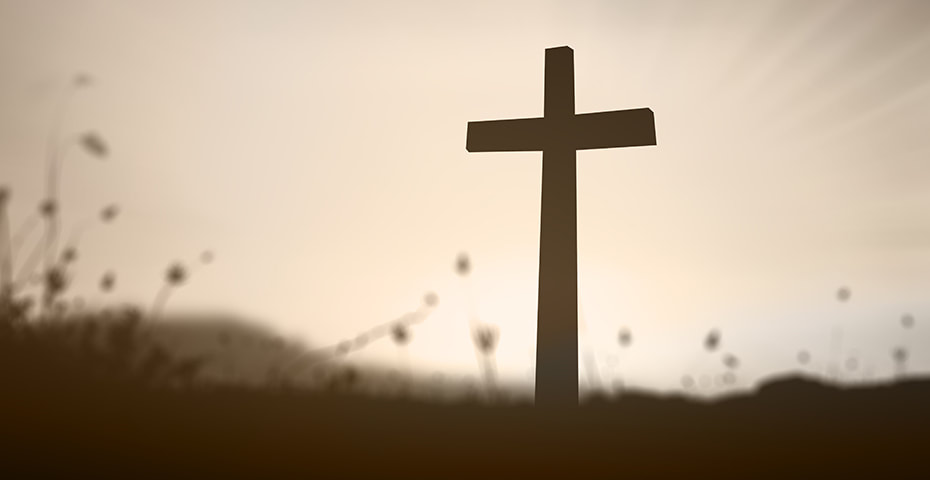|
As we close out Part 4, we take a look at forgiveness. It seems a simple enough thing. Christians are called to forgive those who wrong us, no matter the offense. But it’s tremendously difficult, and goes against every instinct we have. We are to “turn the other cheek,” not merely in the sense of avoiding the retaliation we so desire, but to truly wipe away the image of the other as an “offender” at all. Merely ignoring an offense, by comparison, is simple. But that leads to apathy regarding offenses against us. We are not called to apathy. We are called to love, and you cannot love one you do not forgive. The thing is, man is very acutely aware of violations of justice, at least in the sense of losing what we believe to be rightly ours. When someone takes or damages what is ours, whether it be a physical possession, our bodies, our family members, or even our honor (honor perhaps most of all), we recognize the violation immediately. Everything in us boils and screams that the order of justice be restored. That person has, in our minds, become an enemy, and that enemy must be punished for his offense. “The desire for revenge is slightly more ‘human.’ It is not a response to mortal danger, but to the danger of loss of power and honor. The fact that the other was able to damage me proves that he was stronger than I; had I been what I should be, he never would have dared to attempt it. The impulse to retaliate aims primarily at reestablishing my self-respect by humiliating my enemy. I would rise by the other’s fall.” -Romano Guardini ("The Lord") At the heart of it is fear. We fear losing what is ours and we fear being made out to be less than we are. An offender challenges our status and our power. This cannot go unpunished. An eye for an eye! If you take my honor, I will take yours, and the order of the world will be restored! But he will then retaliate against me, and I against him, and he against me. That’s not order at all. That’s pure chaos. The proper order of things set forth from Creation was marred by our lust for power, and now we presume to restore it by reasserting our power? No, only God has claim to power, only God can bring about order to the world.
Instead, our call is to forgiveness, to realizing that our self-respect does not depend on honor or power. My self-respect is grounded on my being a child of God, and everything I do ought to spring from that reality. Then every offender, every enemy, becomes a fellow man, a brother. Forgiveness is not just turning a blind eye to his offense, but turning to him and saying “I love you.” It is not renouncing our instinct to punish, but a “relinquishment of the wish to see punishment meted out at all.” The call to forgiveness is a call to completely reorient ourselves, how we view the world, how we view each other, and how we view justice itself. We’ve talked about justice before as we’ve gone through Guardini’s book, and we’ve realized that justice, true justice, is not something man is capable of absent grace. We can never restore true justice because true justice requires that one see all parties involved as they truly are, into their very hearts and their intents. That takes love, and from love springs mercy and forgiveness. The scope of the knowledge we have, and even the knowledge we are capable of, makes us utterly unable to enforce justice, because our very idea of what is just is skewed by our limited perception. But through love we are able to forgive, and be merciful. That is a higher form of justice, true justice.
1 Comment
|
Series Info
Every day of Lent, I am writing a reflection piece on two chapters of "The Lord" by Romano Guardini. If you'd like to read or follow along, you can find the full calendar of where we're at below, or Click Here for the main landing page. Archives
April 2020
Categories
All
|

 RSS Feed
RSS Feed